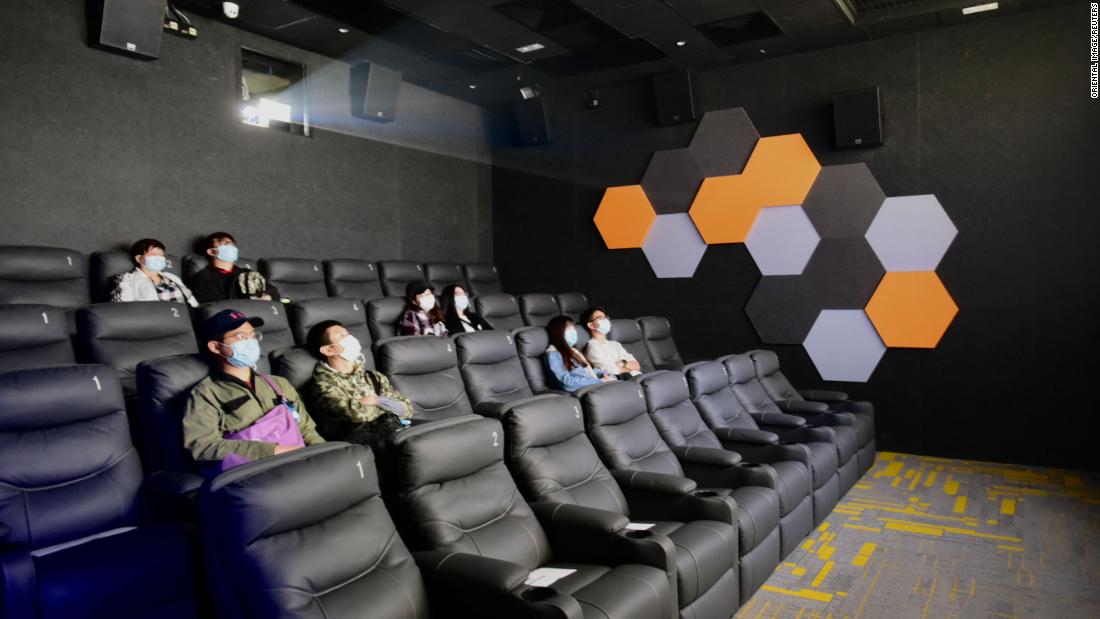Hong Kong arrests for "subverting state power" 1:33
(Reuters) -
Hong Kong lawmakers on Wednesday passed a new film censorship law to "safeguard national security," though critics say it will curb the creativity of its world-famous film industry and further curtail freedoms in the old one. British colony.
China imposed a sweeping national security law in its most troubled city last year, and there are no opposition legislators left in Hong Kong's legislature after mass resignations from the pro-democracy camp in protest at the expulsion of some colleagues.
Why China's National Security Law Could Change Hong Kong Forever
The Hong Kong government said the film censorship law was aimed at content that is deemed to "endorse, support, glorify, encourage and incite activities that may endanger national security."
The law empowers Hong Kong's chief secretary, the second-most powerful figure in the city's administration, to revoke a film license if "it is deemed contrary to the interests of national security."
Hong Kong makes arrests after new security law 3:25
Punishment for breaking the law includes up to three years in prison and fines of up to one million Hong Kong dollars (US $ 128,400).
"The objective is very clear: it is about improving the cinematographic censorship system, to avoid any act that endangers national security", declared Commerce Secretary Edward Yau, before the Legislative Council.
advertising
Critics, however, expressed fear that the new law would harm Hong Kong's vibrant film industry, whose output ranges from Bruce Lee's groundbreaking martial arts films to acclaimed director Wong Kar- wai.
"Adding national security clauses to the bill is clear political censorship," said Kenny Ng, associate professor at the Hong Kong Baptist University Film Academy.
"It's oppressive. The movie industry will need time to adjust."
Since the national security law was introduced in response to the 2019 mass pro-democracy protests, most opposition politicians and activists have been jailed, either under the new law or for other alleged crimes. , or have fled into exile.
Scrutiny on education, the arts, the media and culture has intensified.
Book publishers have admitted to self-censoring, cinemas pulled a protest documentary and a university canceled a press photography exhibition.
A contemporary art museum said the national security police could investigate its collections.
The pro-democracy tabloid Apple Daily closed in June amid a national security investigation.
This year, for the first time since 1969, the Oscars did not air in Hong Kong, coinciding with mainland Chinese decisions, despite the unprecedented nomination of a Hong Kong-born director.
The authorities reject the description of their actions as a "crackdown" on civil society, claiming that the rights and freedoms promised to Hong Kong after its return to Chinese rule in 1997 remain intact, but national security is a "red line".
Filmmaker Kiwi Chow, whose documentary "Revolution of Our Times" chronicles the 2019 protests and was featured at this year's Cannes Film Festival, says the bill hurts the local film industry by reducing "the freedom of create".
"It will worsen self-censorship and fuel fear among filmmakers," Chow told Reuters.
Censorship Hong Kong







/cloudfront-eu-central-1.images.arcpublishing.com/prisa/3I74UEXLYRBBRPGPSGWNN6WXH4.jpg)